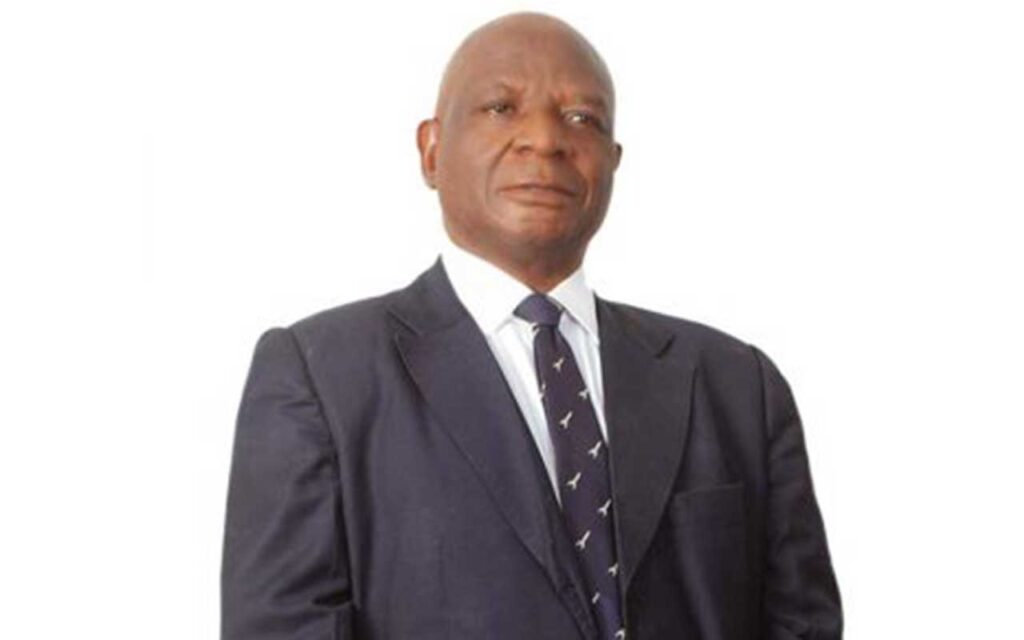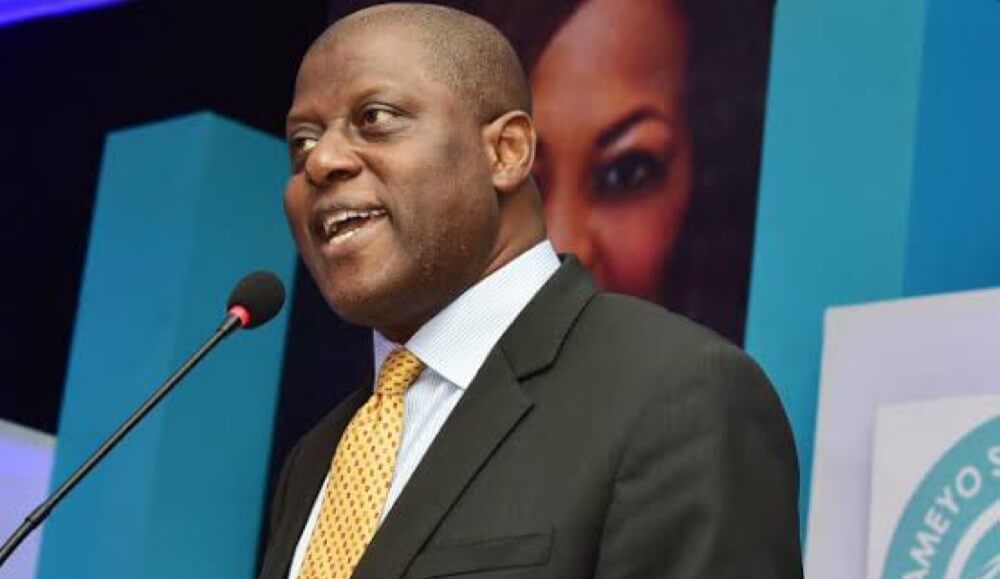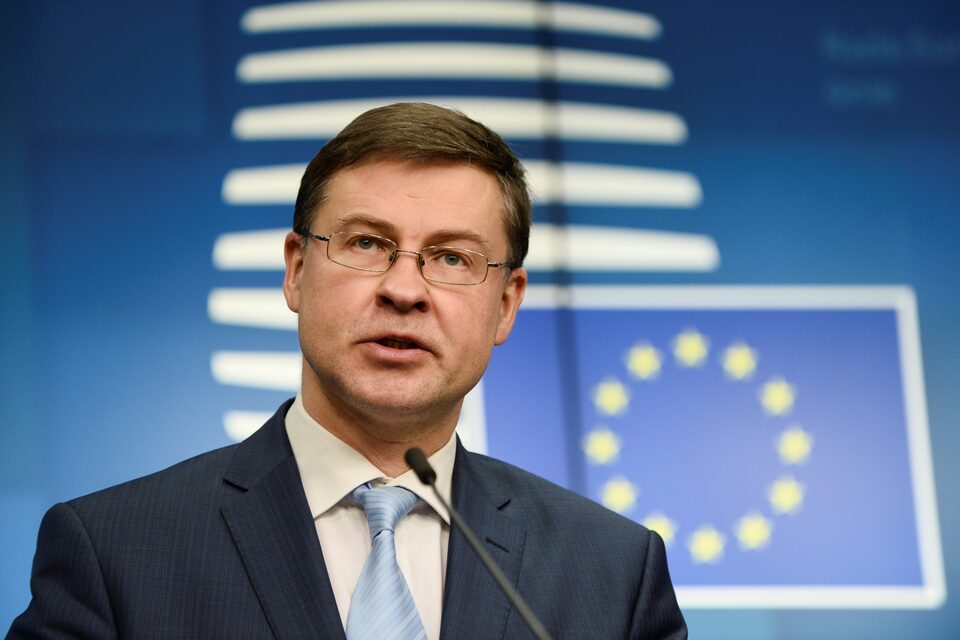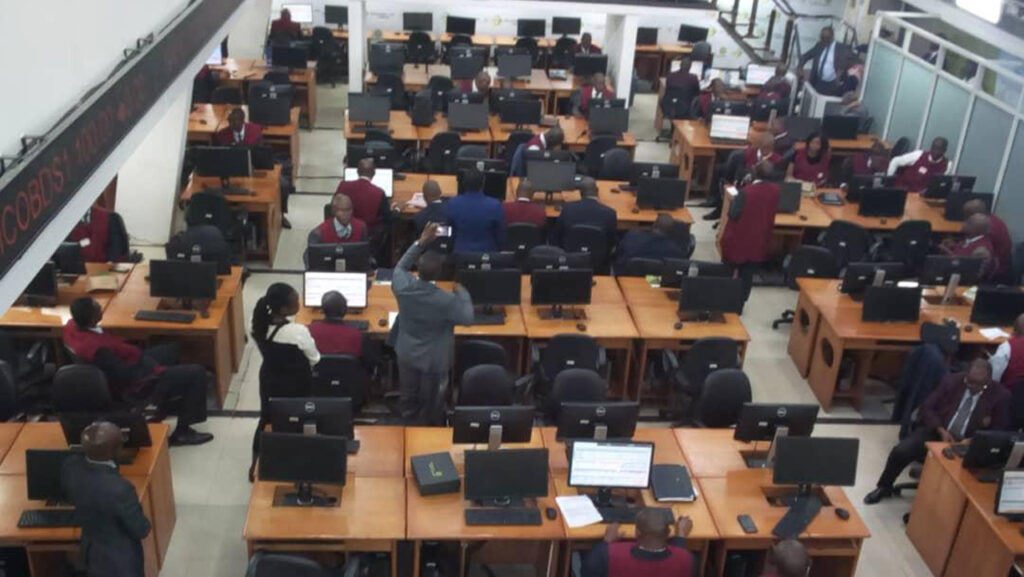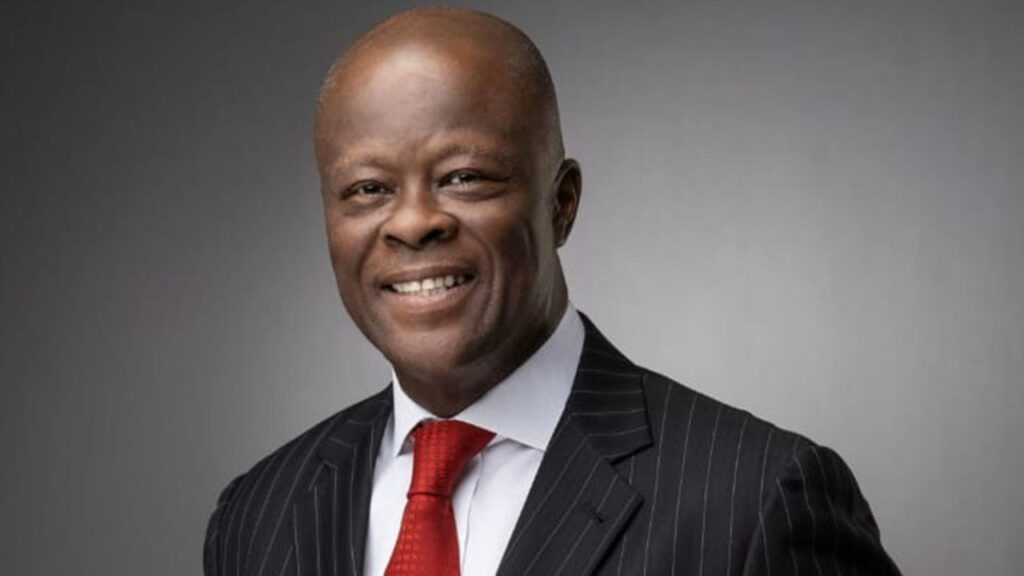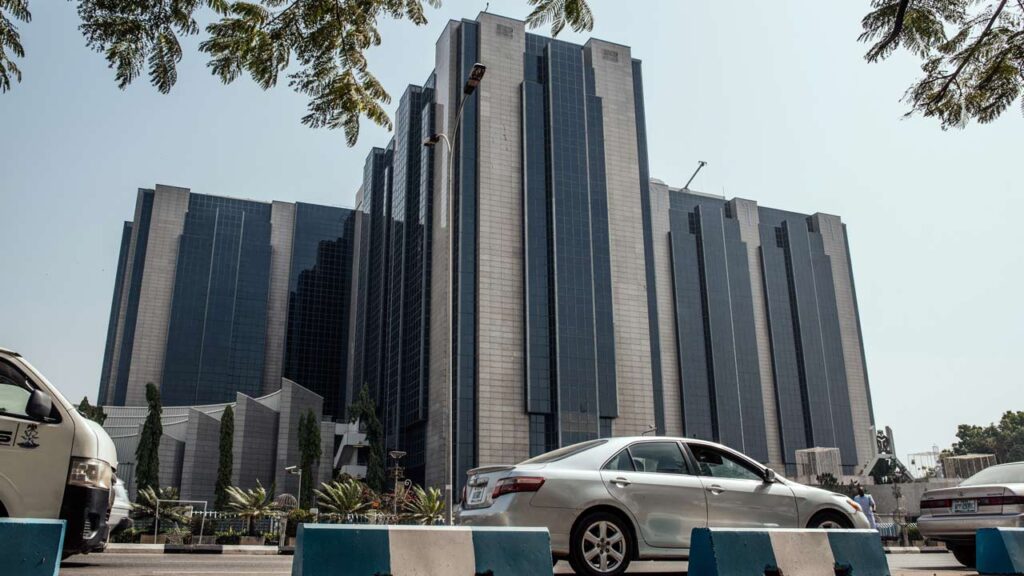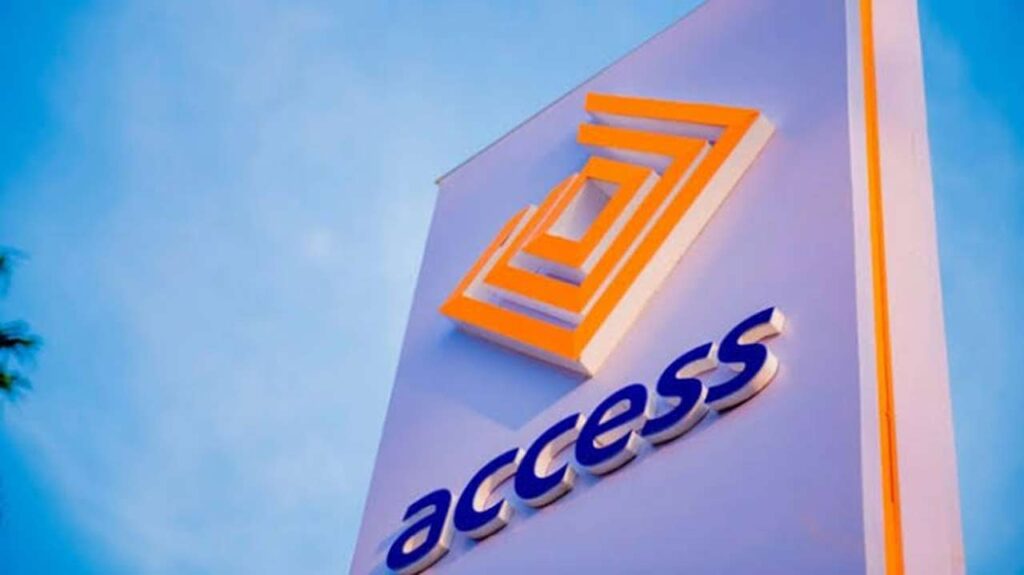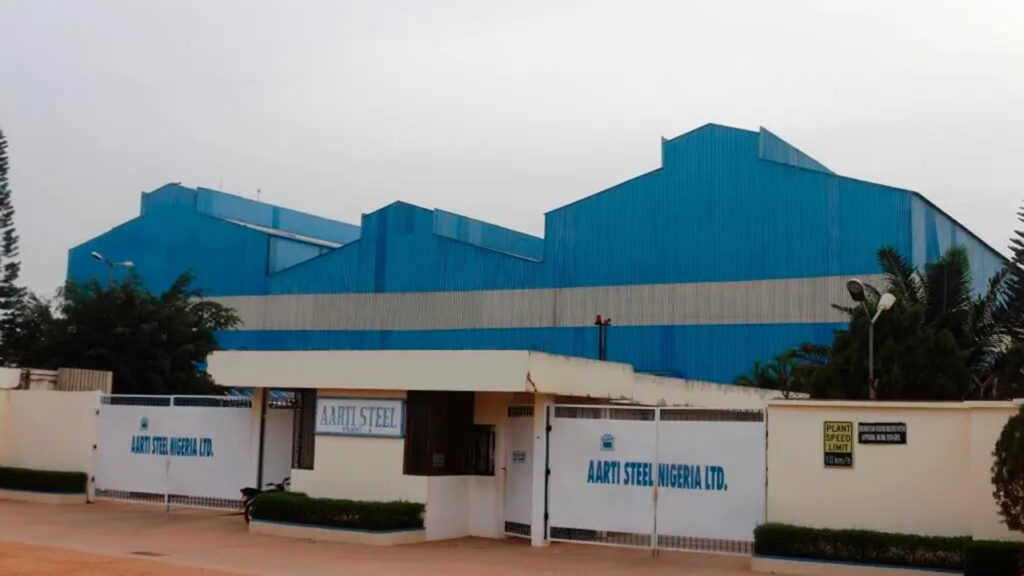
Nigeria is on the verge of missing out on the $27.29 billion funding for the Escravos Seaport Industrial Complex (ESIC) project in Delta State, as well as related projects in seven other beneficiary states, by the end of June 2024.
This is due to the prolonged delay by both the federal and Delta State governments in giving final approval for the project to commence.
The Chairman of the Mercury Maritime Concession Company (MMCC), Rear Admiral Andrew Okoja (retired), the concept developer and lead promoter of the ESIC project, revealed that the slow pace in providing necessary approvals may cause Nigeria to miss out on this foreign investment that is expected to create job opportunities for citizens and boost the nation’s economy, which is currently distressed.
Okoja stated that the Chairman of EDIB International Group, Kwame Springer, had visited the Minister of Industry, Trade, and Investment and functionaries of the Delta State government on May 15, 2024, to discuss ESIC project funding.
According to him, Springer emphasised that if Nigeria is not ready to commence the ESIC project, the funds may be diverted to other African states.
Okoja also noted that the investors are ready to commit funds to develop 31,000 hectares of land in Delta State into a deep seaport, crude oil refinery, gas complex, Independent Power Plant (IPP), airport, nature park, and other facilities.
EDIB International of Hong Kong expressed its willingness earlier this year to invest $27.29 billion to develop the ESIC project, with the deep seaport to be located in Escravos (Gbaramatu Island/Omadino), Warri South-West Local Government Area of Delta State.
The development is to be implemented through a Joint Venture Partnership (JVP) with a Nigerian firm, Mercury Maritime Concession Company Limited (MMCC).
EDIB International Limited, the financing company, and their consultancy Blue Dot Wealth Limited sent the first commitment letter on January 19, 2024, outlining the group’s risk assessment and requirements for successful funding.
The letter also demanded security and protection of their investment by guaranteeing the Federal Government’s control over the proliferation of Free Trade Zones (FTZ) in the country.
Okoja mentioned that the protection sought is a 50-year renewable concession lease, which must be extended to 99 years for all other infrastructure and land, under a Build Own Operate and Transfer (BOOT) model, which will revert to the Federal Government at the expiration of the concession.
The retired Nigerian Navy officer pointed out that all the company seeks, as the development partner and financier of the ESIC project, is the Presidency’s reconfirmation of previous approvals, confirmation of all privileges of the FTZ, capital repatriation for the ESIC project, and an approved letter of comfort to MMCC to enable the financier to release funds.
Okoja advised the federal and Delta State governments to take advantage of the three-week grace period before the expiration of the deadline to act, or else the funds set aside for ESIC projects will be diverted to other needy African nations.
According to Okoja, the project aims to significantly open up Delta State and seven other states, including the Federal Capital Territory (FCT), Abuja, to international investment in trade, commerce, and industry.
He emphasised that the ESIC project is a non-solicited public-private partnership (PPP) regulated by the Infrastructure Concession Regulatory Commission (ICRC) laws of the Federal Government of Nigeria.
Okoja said the project is modeled after the Lekki Deep Seaport/Free Trade Zone (FTZ) to serve the marine and economic interests of the Niger Delta, as well as eastern and some northern states of the country, specifically to solve the perennial port congestion problems.
Okoja further noted that the ESIC project is complementary to the ongoing Lagos-Calabar coastal road project in the country.

